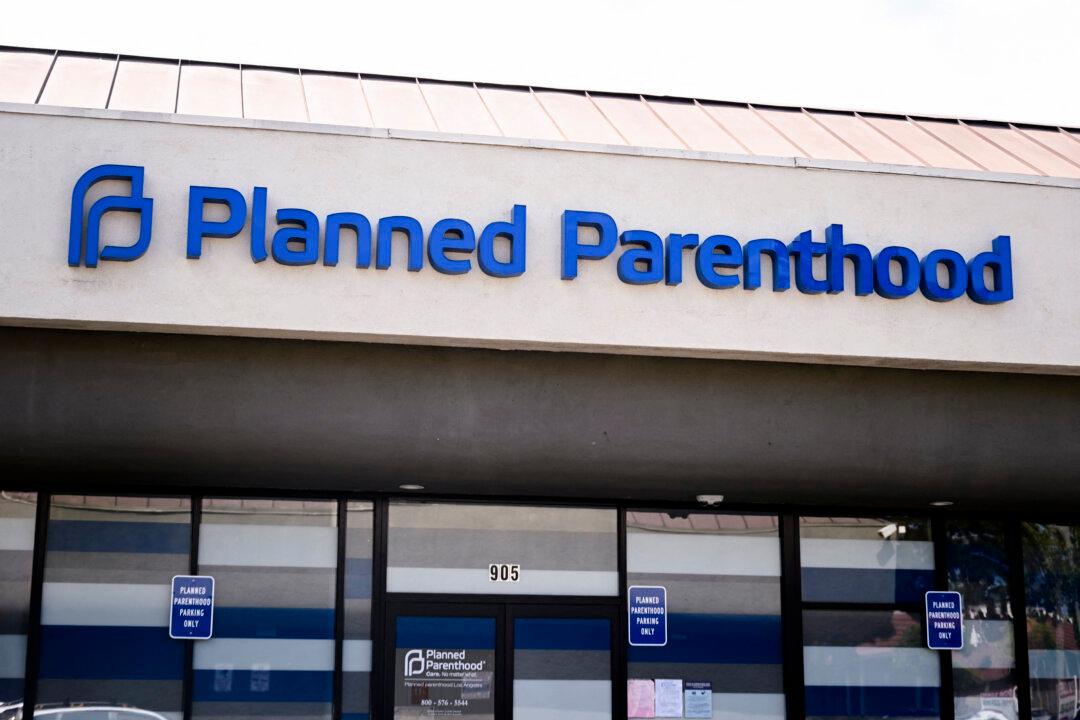A U.S. judge has found that part of a new North Carolina law requiring abortions after 12 weeks of pregnancy be performed in hospitals is constitutional, ruling against Planned Parenthood.
The judge also struck down another provision in the law, which mandates that medical providers document the existence of a pregnancy before an abortion.





